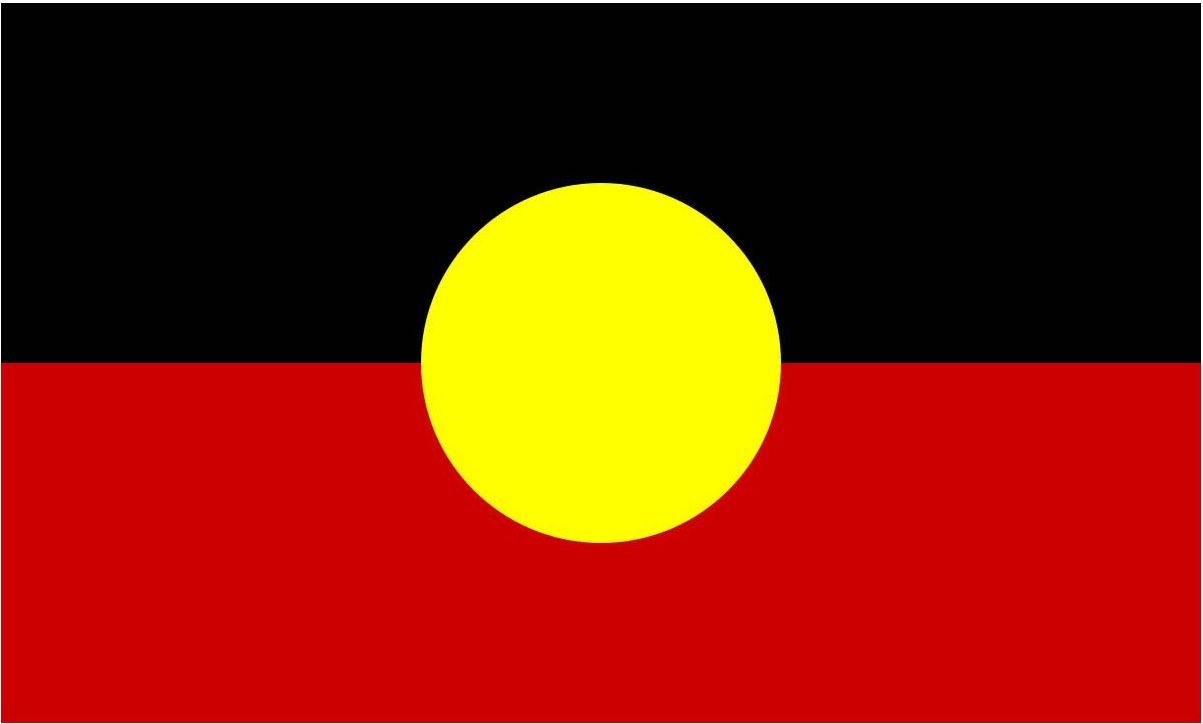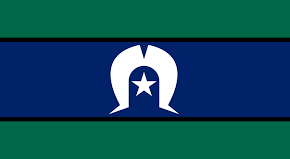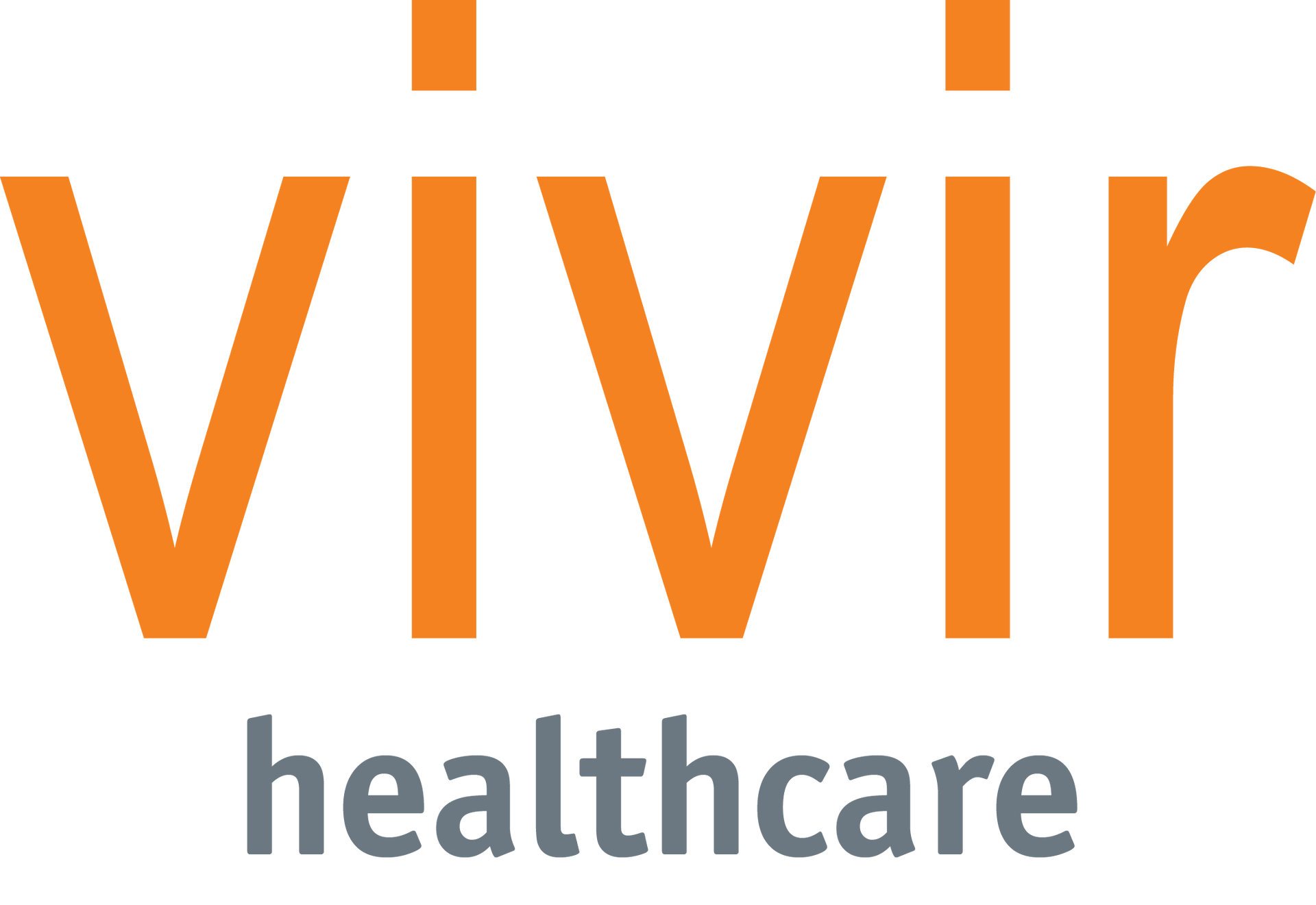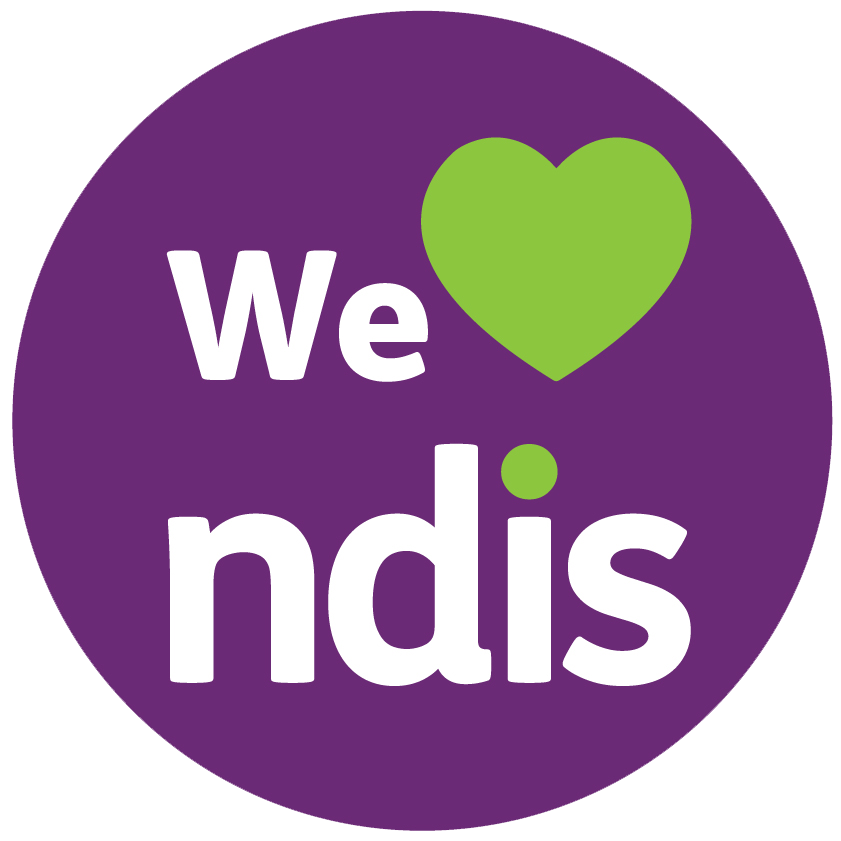Interview with Susannah Neame on Vivir Healthcare’s Cultural Safety Framework
At Vivir Healthcare, our goal is 'to improve access to healthcare, so that every person can continue living a meaningful life - wherever they live'. We acknowledge that this is a journey and will be achieved by working to enhance, rather than diminish, individual and cultural identities; our philosophy is to empower and promote individual, family and community well-being. To explore this further, we sat down with Susannah Neame, our Virtual and Indigenous Operations Manager to learn more about Vivir’s Cultural Safety Framework.
Vivir Healthcare (VH): As an allied healthcare provider supporting people of all ages, what motivated Vivir Healthcare to create a Cultural Safety Framework and why was it important for one to be developed?
Susannah Neame (SN): It is well documented that there is a gap in healthcare provision for Indigenous communities. Vivir is at the forefront of innovative service delivery and has the capability and clinical capacity to review and re-frame its processes and clinical delivery into such communities across Australia. For any service line, a monitoring framework is required - a Cultural Safety Framework specifically references Vivir’s commitment to provide culturally safe care and a pathway for Indigenous workforce development.
The Cultural Safety Framework will assist communities, health services, health care providers, and professionals evaluate our commitment and delivery of culturally safe allied healthcare to Aboriginal and Torres Strait Islander peoples.
VH: Why is cultural safety in health care for Indigenous Australians important?
SN: Safety is about how care is provided, rather than what care is provided. Cultural safety requires providers to deliver safe, accessible, and responsive health care that is free of racism and avoids disinformation. For Indigenous Australians, cultural safety in health care is essential as it seeks to ensure that care is not only safe but also respectful, inclusive, and culturally competent.
The emphasis on how care is provided highlights the significance of tailoring health care practices to align with the unique cultural, spiritual, and social backgrounds of Indigenous individuals and communities. It goes beyond addressing immediate health concerns and aims to establish a foundation of trust between healthcare providers (like Vivir Healthcare) and Indigenous communities. This approach not only contributes to improved health outcomes but also aligns with the principles of equity, justice, and cultural humility in healthcare delivery.
VH: What goals do we want to achieve with this Cultural Safety Framework by 2025?
SN: With the support of the entire Vivir team, in alignment with our Cultural Safety Framework, by 2025, we are motivated to achieve the following:
- To develop genuine partnerships with communities and organisations enabling the co-design of service frameworks and delivery of care in a collaborative and sustainable manner;
- Increase our capacity to service through responsive and appropriate delivery;
- Create a team that embrace and carry forward holistic considerations when working with communities; and
- Share our knowledge on culturally appropriate service frameworks through articles and presentations.
VH: What are the key focus areas of our Cultural Safety Framework?
SN: Our Vivir Cultural Safety Framework covers six key focus areas. They are:
- Intergenerational Trauma and Mental Health
- Awareness and Respect
- Community Engagement and Collaboration
- Workforce Diversity and Representation
- Culturally Appropriate Healthcare Models
- Holistic Health Approach
VH: What progress has Vivir made so far in line with our Cultural Safety Framework and other RAP commitments?
SN: We have been working closely with RGF Staffing APEJ’s RAP Manager Jackie Reilly to get a clear understanding of how we can best develop and execute our Cultural Safety Framework as well as work collaboratively with our Indigenous Communities. We are ensuring representation of Indigenous artwork and flags on documentation and marketing material, working with our Talent Acquisition team on recruitment strategies within communities to support healthcare provision as well as attending, conferences like the Indigenous Allied Health Conference (IAHC) to expand our learnings. We are also in the process of co-designing health services such as Clinical Yarning, and outcome questionaries, and are establishing remote hub services in Northern QLD.
VH: How have Vivir trained our clinicians in delivering allied healthcare services in a culturally safe and inclusive manner?
SN: At the moment, our Clinicians are receiving Cultural Safety and Cultural Awareness training, Clinical Yarning training, and discipline specific Indigenous Awareness training. Not only are these trainings providing career development opportunities for our wonderful clinicians but also expanding their knowledge of the diverse cultural landscapes they encounter in their work. This not only fosters a more respectful and inclusive healthcare environment but also enhances their ability to deliver stronger patient-centred care.
You can read our Cultural Safety Framework in full here, and our Reconciliation Action Plan here.



